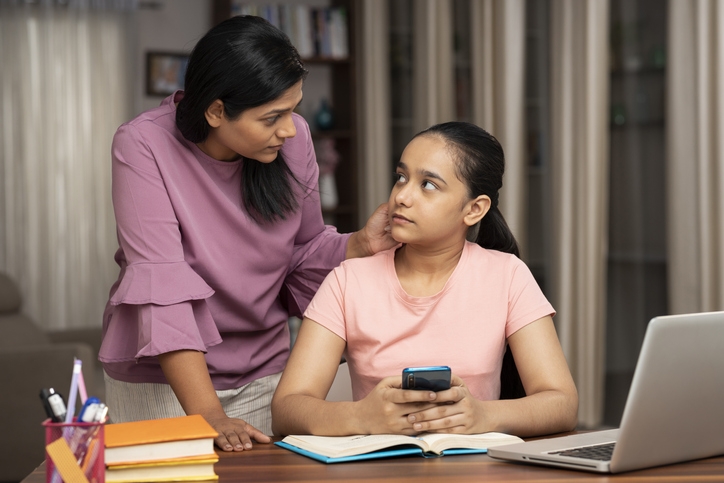Childhood is a time filled with enjoyment and discovery. From learning social skills to developing emotional intelligence to picking up cognitive and physical growth, the power of early education is enormous.
Accompanied by an abundance of benefits such as creativity, greater coordination, increased confidence levels and better social skills, early learning aims at lending kids a holistic development. This goes on to build a robust foundation for lifelong wellbeing.
A vital skill to develop in early childhood is decision making. As adults, we understand the importance of choices. Every challenge poses an opportunity to make a decision. Learning this skill, from early on in life, can help children develop into healthy, mature adults. Rather than acting on impulse, this skill gives kids the necessary tools to think calmly and clearly and thus experience the best that life has to offer, even as adults.
What is decision making?
Responsible decision making is the ability to choose a course of action from possible choices and make positive elections about one’s social interactions and personal behaviour. The choice should usually be based on ethical standards, safety concerns, and social norms. It involves the ability to truthfully assess the consequences of various actions while keeping in mind the well-being of oneself and others.
Why is decision making important?
In today’s time, children are being exposed to more information than ever before. This is why it makes it more important than ever before to empower them with the right tools for a better life.
Let’s look at the other benefits of decision making:
Holistic Development
Learning to think critically and analytically at an early age makes children lead happier, healthier lives. Developing decision-making skills makes them responsible, independent, and confident adults.
Self-discovery
In life, it is most important to be able to assess yourself. Inculcating the skill of decision making helps children recognise their strengths, weaknesses, powers, abilities, talents and limitations. It helps them finally begin to understand what they like and dislike, helping them develop a sense of identity and purpose.
Responsible learning
Many times, the outcomes of situations are very different from what we expected them to be. Encouraging children to make decisions, helps develop important skills, like how to fix problems and resolve conflicts. It also allows them to learn from their previous situations.
How can we help kids develop good decision-making skills?
Good decisions help a child care about the social, emotional and physical wellbeing of themselves and those around them. Thus, it is crucial for children to understand the process of decision-making clearly to be able to make confident and positive decisions always.
This skill can be developed with the help of the following methods:
Teaching goal setting
Encourage children to think of and reach out to small goals, from early on. This will inculcate the art of ‘focus’. This in turn will inspire them to find ways to achieve their goals and increase self-awareness and confidence.
Ask thought-provoking questions
Logical questions hone decision-making skills in children. It makes them ponder upon a topic carefully and think deeply about all aspects of their decision.
Offer choices to make age-appropriate decisions
The chance to practice choice-making can build a sense of independence in children, empowering them to select the right option with integrity. Include them in simple, everyday decisions, give multiple choices, and ask them for advice.
Share decision-making steps
To help develop reasoning skills in children, it is important to simplify the decision-making process for them. You can advise them to follow these steps in their mind:
Consider the options available
Assess the choices and pick the best one
Act on your choice and watch how it works
To teach good decision-making skills is to empower the younger generation to navigate the challenges of life moving towards adulthood. Get them started young and help them live a better life.
This blog appeared as an article in The Tribune dated 23rd February, 2022

